Gesund & frisch
Gesund, Frisch & Lecker.
Fish has a varied taste and provides the body with important nutrients such as protein, fatty acids, vitamins and minerals.
Fish has a varied taste and provides the body with important nutrients such as protein, fatty acids, vitamins and minerals. According to current dietary recommendations, fish should be served once or twice a week. However, the seas are overfished and fish from regular methods of aquaculture are not considered safe for the environment. The question arises: is that so?
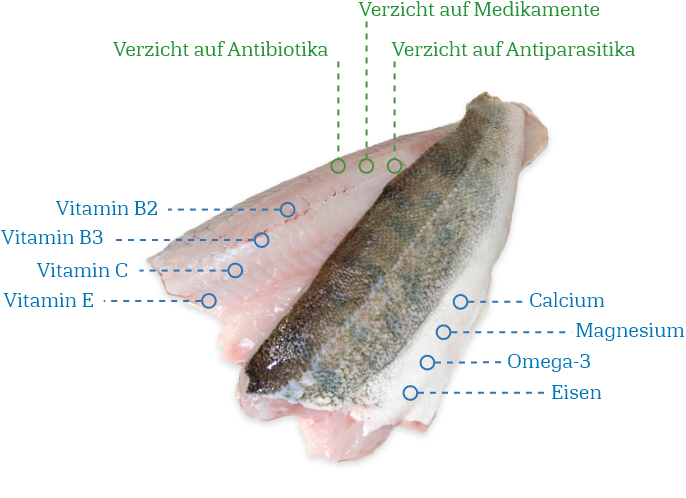
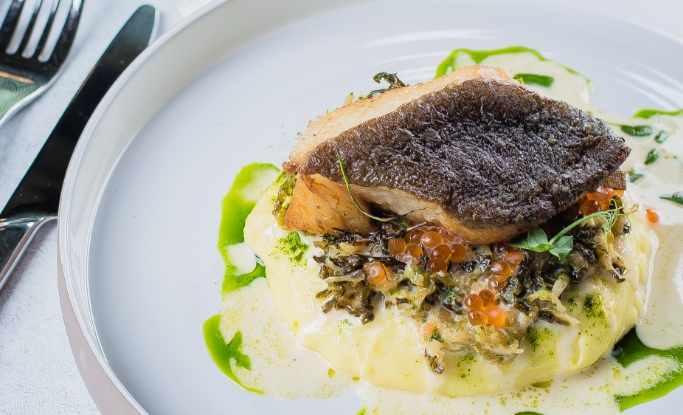
Fish is very healthy
Fish is a high-quality source of protein, which in turn is easily digestible. A hundred grams of fish contain up to 20 grams of high-quality protein. This is good for anyone who wants to lose weight - because protein is the best satiating food there is. Protein boosts the metabolism: the body needs almost a third of the calories in protein to utilize the protein. And because the blood sugar level does not rise as much as a result of fish protein, food cravings don‘t develop. Children, in particular, have a higher protein demand because they are still growing and their bones are still being formed.
Since fish is a very good source of protein, eating fish is a great way to meet most of our body's protein needs.
Fish is the best natural supplier of valuable omega-3 fatty acids. These polyunsaturated fats are healthy, protect against inflammation and cardiovascular diseases, and strengthen the immune system and brain function. The body needs them, but cannot produce them itself. They are also important for the development of the baby during pregnancy. So why not just eat more fish and support your omega 3 intake?
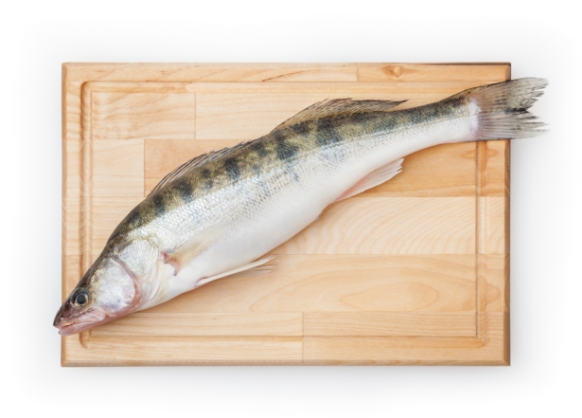
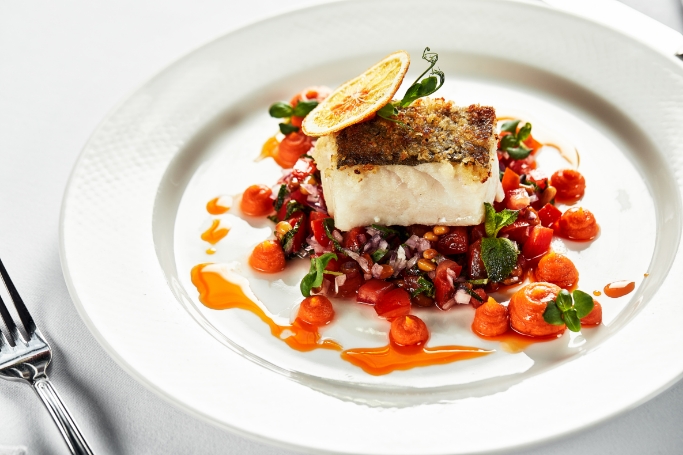
Fish can be prepared in many ways. Its meat is tender. Fish has a lower fat content compared to meat (pork, beef). Other important ingredients contained in fish are various vitamins, especially vitamin D, as well as minerals and trace elements including iodine. These ingredients help the body to strengthen the immune system. They strengthen tooth, bone, hair and nail growth as well as our cognitive brain and thyroid functions. The nutrients contained in fish prevent hardening of the arteries and can prevent strokes and dementia. You can't eat too much fish.
The seas are overfished
Since the commercial and industrial exploitation of the seas, the fish population has decreased by an estimated 90%. For decades it has not been possible to increase the yields from the sea. The natural fish stocks have not been able to cover the demand for more than 30 years. Many stocks are now massively overfished or have already collapsed. Scientific estimates assume that in 20 years there will be no significant fish stocks in the sea. At the same time, the fish from the sea is now exposed to massive pollution. An increased concentration of heavy metals and plastic is detected in the organs and flesh of wild fish.
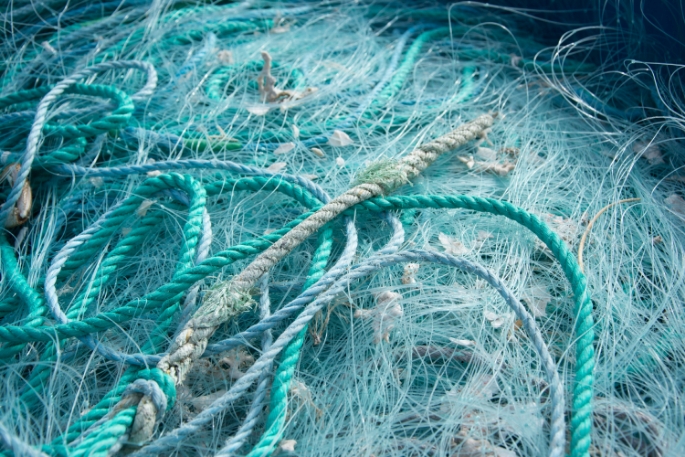
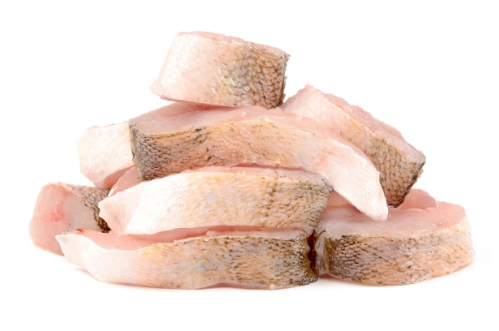
Aquaculture is not just aquaculture
There are more or less intensive methods in aquaculture. For thousands of years, humans have practiced controlled farming of fish, mussels, algae, or other aquatic life forms in natural environments, whether freshwater or saltwater.
You can't buy a better fish.
Today's aquaculture, known as the blue revolution, describes an intensive use of aquatic life forms, similar to modern agriculture. A distinction is made between open natural systems in rivers, lakes or seas and closed systems in a building. In open systems, such as in Norwegian fjords, captive stocks and natural stocks interact. Diseases and parasites are transmitted, some of which can only be controlled with the help of technology, chemicals or medication. In a closed facility, as at KAISERZANDER©, there is no exchange with nature. A contamination of parasites or diseases by wild stocks is excluded. As a result, we do not need any chemicals or medicines. On the contrary, a potential use of chemicals and medicines would endanger the natural water treatment by bacteria and thus the welfare of the fish. Our system concept is based on the system of supporting and enhancing natural processes (more on this here). The internal purification of the water takes place at the highest technical and biological level and is unique in the world. Our absolutely clean water, free of heavy metals, microplastics and parasites is the basis for perfect fish welfare and first-class fish. Since we carry out the entire breeding process in a self-contained system, traceability and food safety are guaranteed in all facets when growing up the zander.
German aquaculture is fresh and regional
Through regional aquaculture, we protect the stocks of the sea and are able to bring fresh fish to the consumer quickly and over short distances. Fish caught on the high seas is frozen, and then in transit for days or weeks and is mostly flown to Germany. Our fish goes fresh from the plant to the customer within a few hours and never needs to be frozen due to the short delivery routes. It doesn't get any fresher or faster. Even the World Wildlife Fund (WWF) recommends zander from closed aquaculture over wild-caught in its fish guide.
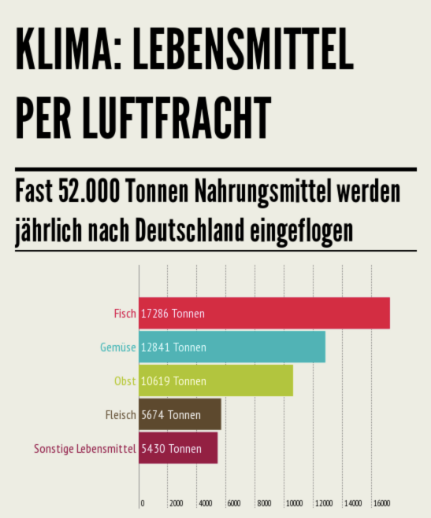
an infographic, https://nachhaltig-sein.info
Fish is good for the environment
If one compares the consumption of resources and the simultaneous generation of emissions in the production of animal protein, it is clear that fish from aquaculture has the lowest ecological footprint. Compared to cattle significantly less feed is used in fish farming. Fish produce one kilogram of fish from one kilogram of feed. In comparison, beef requires around 7 kg of feed for one kilogram of meat. Although aquaculture consumes energy and water, when all process steps are compared, the total consumption of resources is lower than that of other animal species.
Fish from aquaculture is therefore also healthy for the environment and the climate.
Aquaculture produces miniscule amounts of harmful greenhouse gases and the lowest proportion of excreta/manure compared to all other animal species. The fish achieve these advantages because they live cold-blooded and weightless in the water and can put their energy into growth.
Our KAISERZANDER© are completely climate neutral, regional, sustainable, pure and healthy for people AND the environment.
facts
Over 17,000 tons of fish are flown into Germany every year.
Climate: Food by air freight (source: look out).
facts
“Everything we do has an impact, including fish farming. We need to minimize that impact."
General Manager ASC for Germany, Switzerland & Austria & Regional Manager Europe
facts
Deep-sea fish and fish from aquaculture has the lowest carbon footprint of all animal protein sources
Based on: www.deutscher-fischerei-verband.de – Sustainability
facts
Remains of an 8,000-year-old fish farm created by the GunitjmARA, AN ABORIGINAL TRIBE, have been found near Melbourne, Australia.
Sustainability
Our claim to rearing.
Sustainable is the maximum utilization of the resources used. We achieve this through efficient modern technology and processes. We are climate neutral.